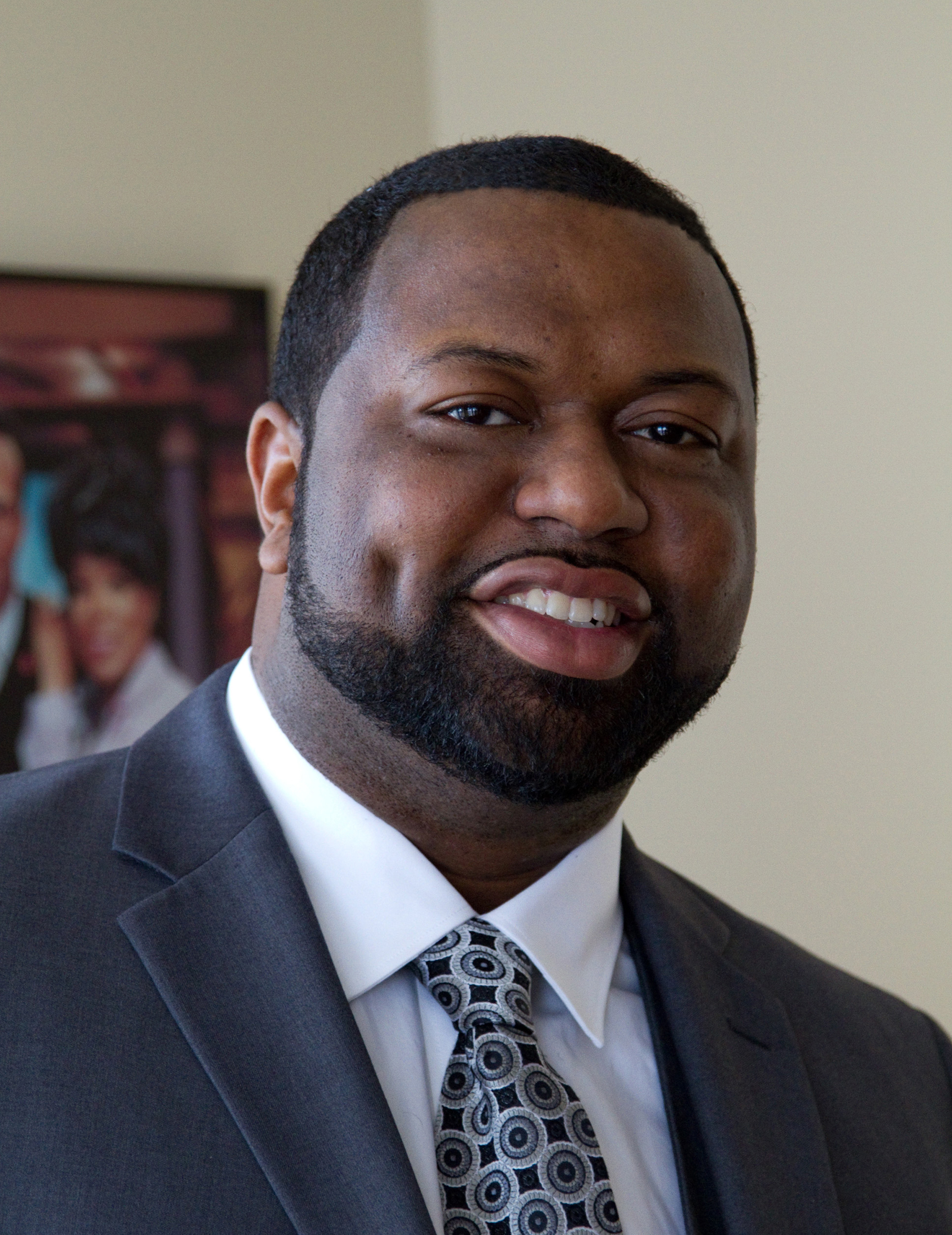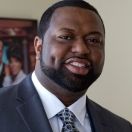

There are more people in the United States today without a bank account -- 17 millions to be exact -- than there were without the right to vote in the early 60's. Think about that for a minute. Dr. Martin Luther King Jr.’s final action and unfinished dream was launching a Poor People’s Campaign that attacked unfair housing practices and sought to root out economic injustice and disparity for the underserved. Now here we are some 40+ years later and we still struggle with tragic statistics like these pulled from a recent study conducted by the FDIC.
The proportion of U.S. households that are unbanked varies considerably among different racial and ethnic groups, with certain racial and ethnic minorities more likely to be unbanked than the population as a whole. Minorities more likely to be unbanked include blacks (an estimated 21.7 percent of black households are unbanked), Hispanics (19.3 percent), and American Indian/Alaskans (15.6p ercent). Racial groups less likely to be unbanked are Asians (3.5 percent) and whites (3.3 percent).
Bottom line -- without basic access to mainstream financial services and a fundamental understanding of the language of money, when nearly 20% of Latinos and nearly 22% of Black households remain unbanked, we usher in a new form of social injustice and disparity, an age of what should be considered economic slavery.
In the face of these sobering statistics our mission must be to ensure and fight for, “Silver Rights” and “Financial Dignity” for all — or in other words, finding ways to make free enterprise and capitalism work for the poor and underserved. To make financial dignity, and the tool of financial literacy, the new civil rights issue for a generation. That process starts with acquiring a basic understanding of the language of money, the teaching of financial literacy, and the practice of Economic Empowerment.
This fight is a personal passion of mine, and I am fortunate to have the opportunity where my passion aligns with my paycheck. I work tirelessly everyday to ensure that the lives of those that need it most are given a hand up not a hand out. I serve as the Market Vice President of the Southeastern Region for an Economic Empowerment nonprofit organization, Operation HOPE.
For the past 20 years Operation HOPE, America’s leading provider of economic tools, services, and financial dignity for the underserved has worked to eradicate poverty throughout the world serving over 2,000,000 individuals and families, however, something special is happening in Atlanta, currently under construction, a continuation of Dr. King’s work, an extension of the Poor People’s Campaign.
Positioned as the anchor tenant for the forthcoming Martin Luther King, Sr. Community Resource Complex, in partnership with the Historic Ebenezer Baptist Church and the Financial Services Roundtable, the HOPE Financial Dignity Center at Ebenezer represents the first outside nonprofit organization invited to operate within the greater King Center in more than 30 years.
The HOPE Center at Ebenezer, the new flagship Center for HOPE, will serve as a local empowerment center, a national model, and because of its association with the King legacy, a global symbol for good. HOPE and its partners seek to utilize this new and innovative HOPE Center as a living, breathing, operating example of the next generation of financial literacy in America, which we believe to be Financial Dignity.
It is here we will begin to build on King’s legacy in line with our mission to expand economic opportunity in underserved communities through economic education and empowerment. Improve the economic quality of life for individuals, families and communities through programs that create stakeholders: converting check cashing customers into banking customers, renters into homeowners, small business dreamers into small business owners, and minimum wage workers into living wage workers.
It is here were we aspire to turn the tide on economic disparity and poverty through education, exposure, and restoring dignity to communities that need it most. Dr. King was assassinated waging the Poor People’s Campaign, to empower the underserved. So when the question is asked what is being done now to continue his legacy, we are positioned to have the answer in brick and mortar, a city on a hill, in the shadow of his tomb and in the backyard of his historic pulpit, a place dedicated to serving and uplifting the community, champions for the underserved, champions of change.
James Bailey serves as Market Vice President for the Southeast Region of Operation HOPE, a global non-profit, public benefit organization; America’s leading provider of economic tools, services, and financial dignity for the underserved.


